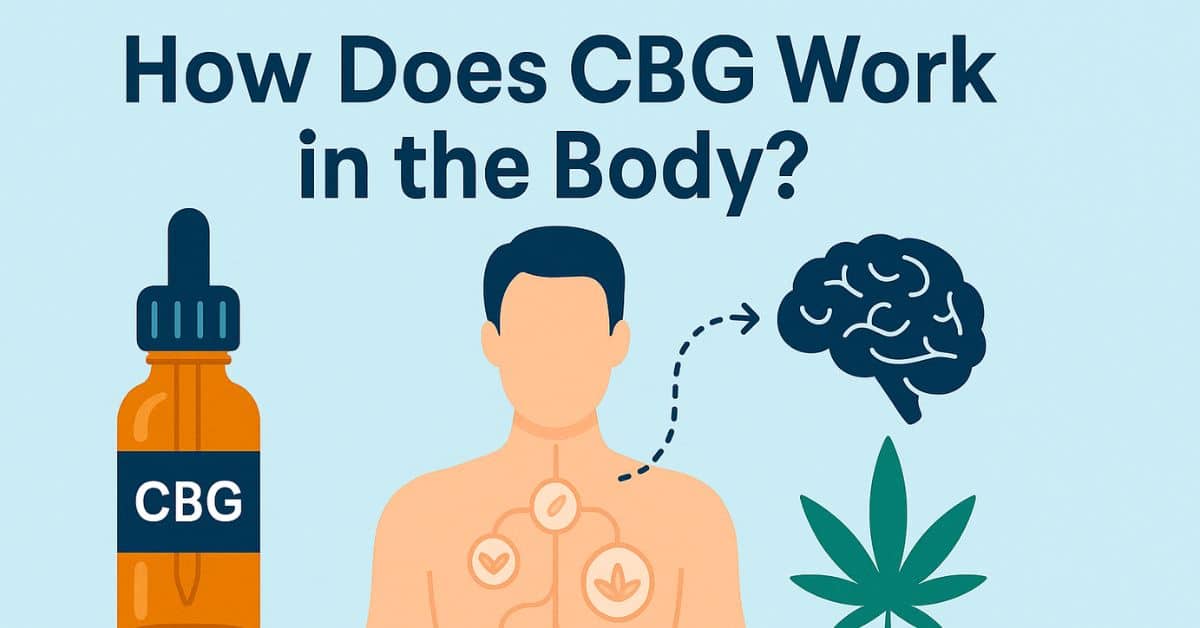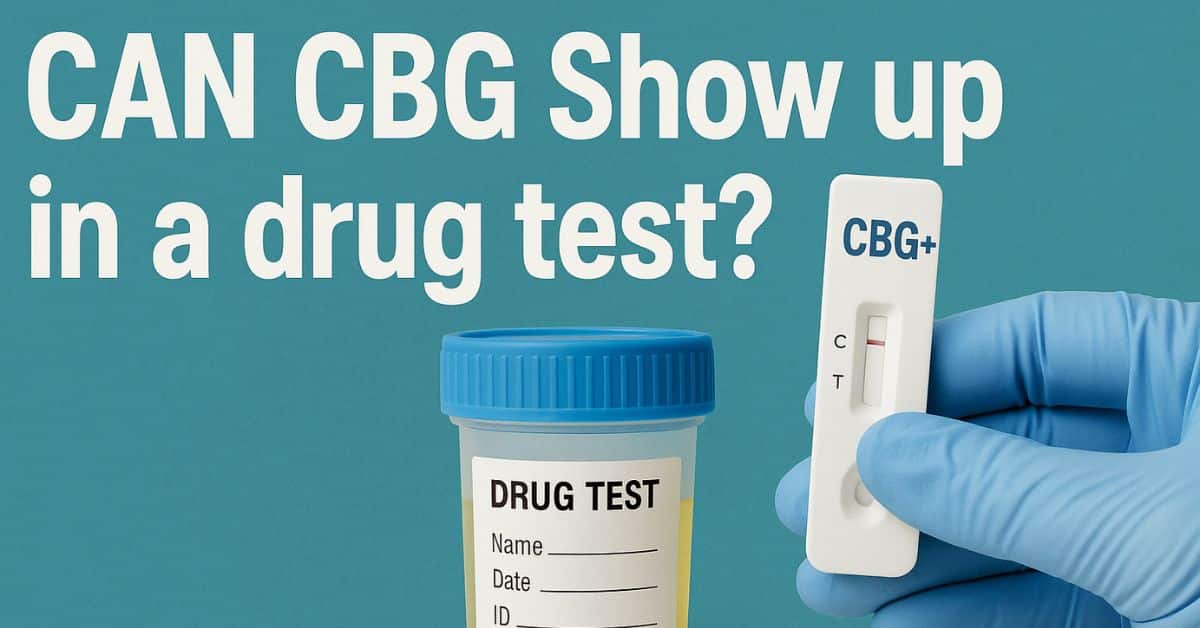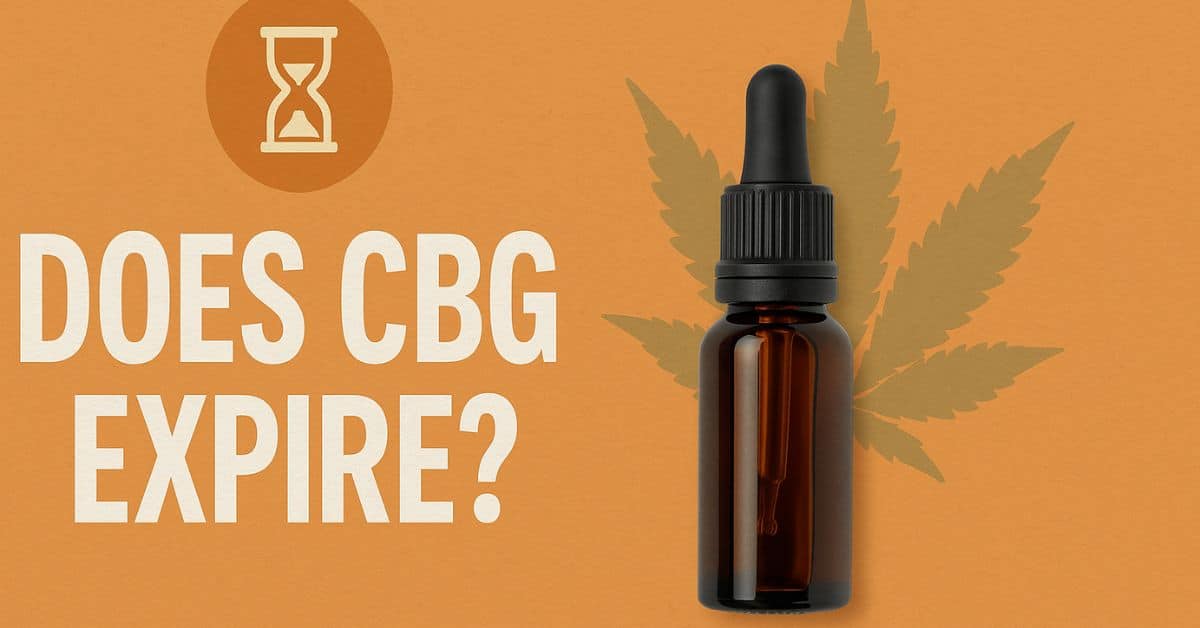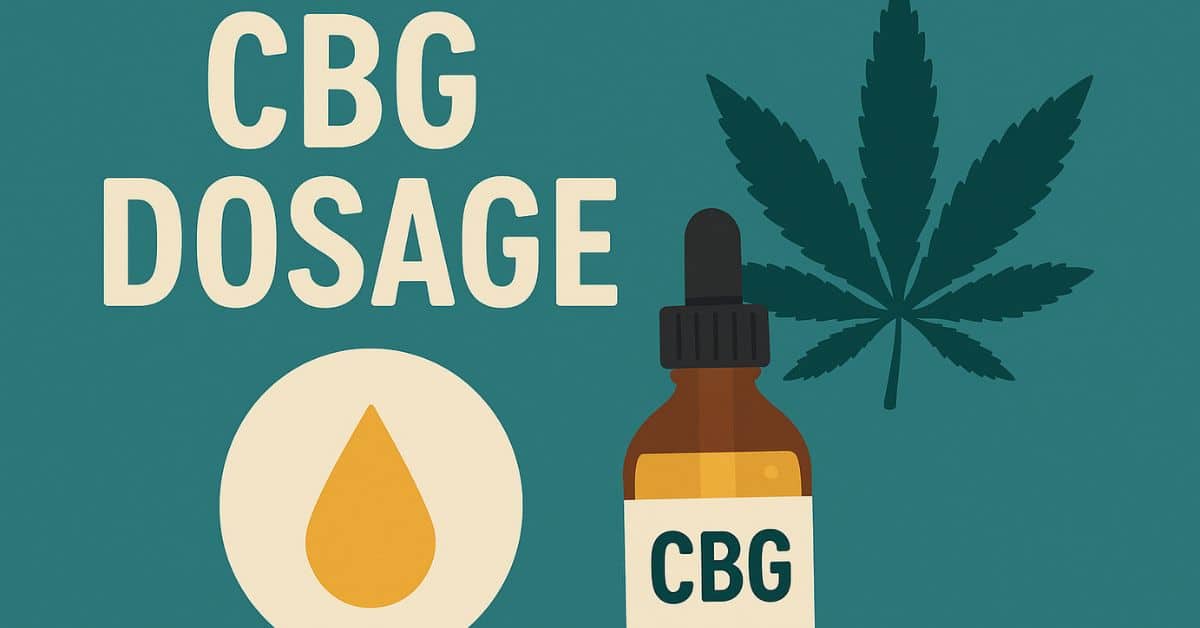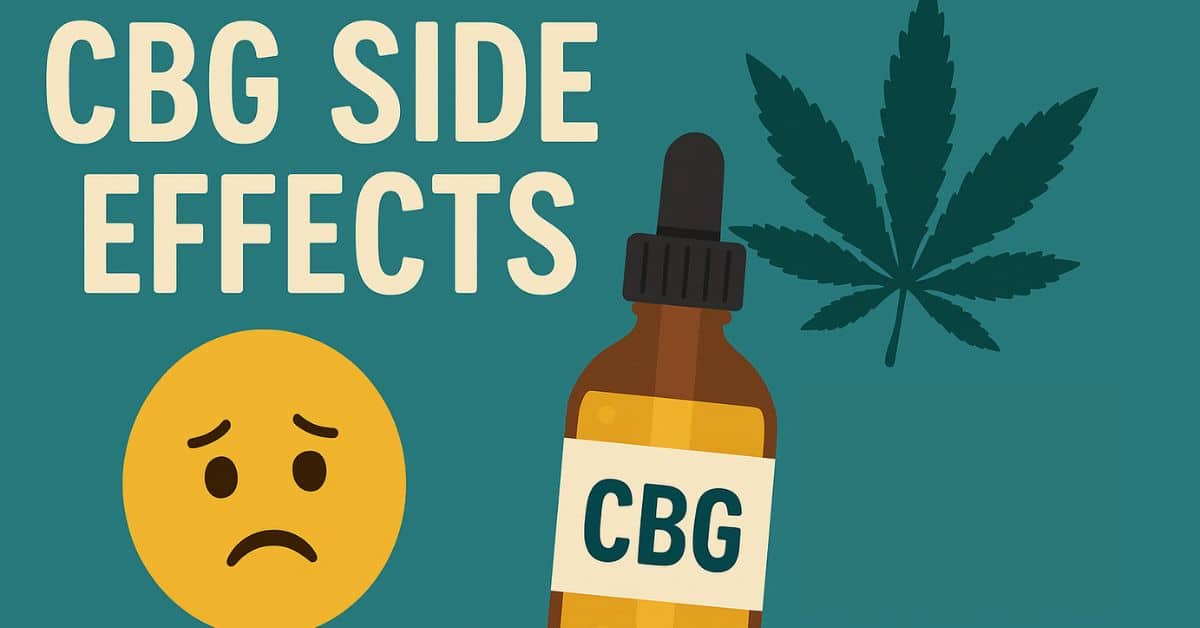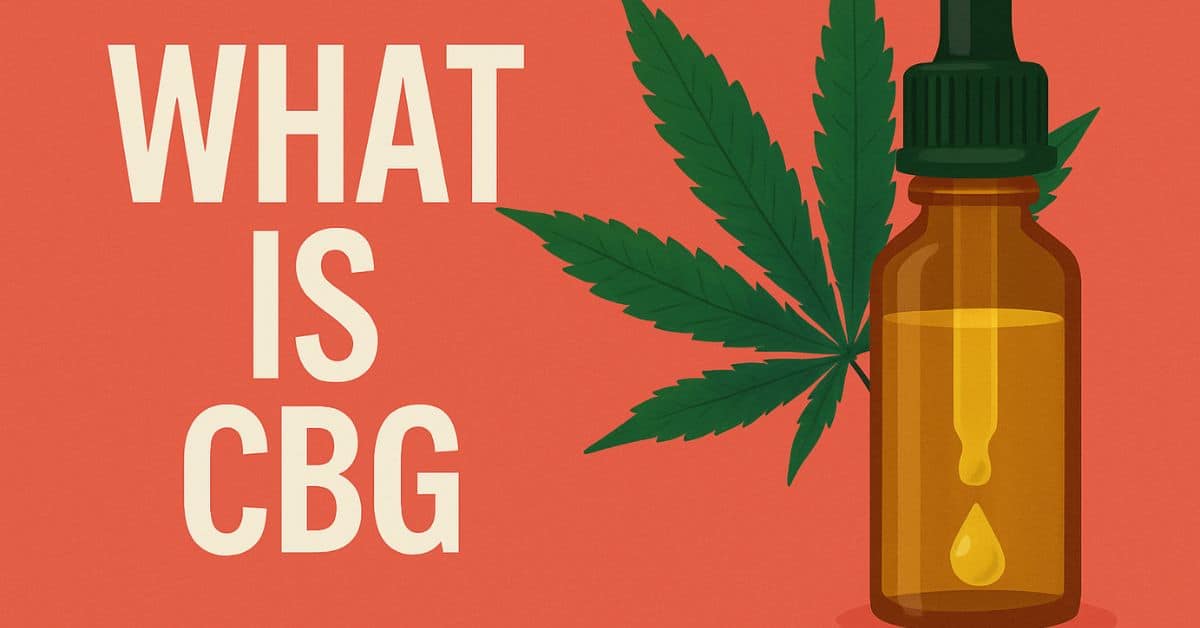CBG (cannabigerol) works by interacting with the body’s endocannabinoid system (ECS), a network of receptors that helps regulate mood, focus, appetite, digestion, immune response, and overall balance. Unlike THC, which strongly activates the CB1 receptors in the brain and causes intoxication, CBG binds more gently to both CB1 and CB2 receptors, influencing the body without producing a “high.”
Because of this, Canadians are turning to CBG oil, gummies, capsules, vapes, and isolates for daytime wellness, focus, and balance, making it one of the fastest-growing cannabinoids in Canada.
What is CBG?
Cannabigerol, or CBG, is a naturally occurring cannabinoid found in young cannabis plants. It is often called the “mother of cannabinoids” because CBD, THC, and other cannabinoids are derived from its acidic form (CBGA) during the plant’s growth cycle.
Unlike THC, CBG is non-intoxicating and does not cause a high. Instead, consumers describe CBG as clear-headed, mildly uplifting, and balancing. While CBD has become mainstream, CBG remains a “minor cannabinoid” because it appears in much smaller amounts, making it more expensive and harder to extract.
The Endocannabinoid System (ECS) and CBG
To understand how CBG works in the body, it’s important to look at the endocannabinoid system. This system influences functions such as:
- Focus and mental clarity
- Mood balance and stress response
- Appetite and digestion
- Inflammation and immune health
- Recovery and overall wellness
The ECS has two main types of receptors:
- CB1 receptors – Found mainly in the brain and central nervous system, they affect mood, memory, focus, and perception.
- CB2 receptors – Found in the immune system and throughout the body, they are linked to inflammation and recovery.
Unlike THC, which overstimulates CB1 receptors and causes intoxication, CBG interacts with both CB1 and CB2 receptors in a gentler, more balanced way. This may explain why it is often linked to focus, clarity, and digestive support.
How CBG Affects the Brain and Body
Brain (CB1 receptors): CBG binds lightly to CB1 receptors, which may explain its ability to support mood and focus without altering perception or causing a high.
Body (CB2 receptors): Early research suggests CBG may have a stronger role in gut health, inflammation, and immune support. This makes it appealing for Canadians exploring natural wellness solutions.
Daytime energy and clarity: Unlike CBN, which is known for relaxation and sleep, CBG is often described as more energizing or focus-enhancing – making it better for daytime use.
Overall experience: Most users report that CBG oil feels clear-headed, balancing, and mildly uplifting.
How CBG Compares to Other Cannabinoids
CBG vs. THC – THC is intoxicating and produces a euphoric high by binding strongly to CB1 receptors. CBG is non-intoxicating and influences receptors without impairment.
CBG vs. CBD – Both are non-psychoactive, but their effects differ. CBD is calming and widely used for anxiety and stress, while CBG is often chosen for focus, energy, and digestive balance.
CBG vs. CBN – CBN is linked to sedation and sleep, while CBG is more often associated with clarity, daytime balance, and alertness. Many Canadians use CBN at night and CBG during the day for a complete cannabinoid routine.
Potential Benefits of CBG
While research on CBG is still in its early stages, preliminary studies and consumer reports suggest possible benefits:
- Focus and clarity – May help with concentration and productivity without the jitters of caffeine.
- Digestive health – Early research indicates CBG may support gut health and appetite regulation.
- Mood balance – Its interaction with CB1 receptors may promote calm, balanced energy.
- Anti-inflammatory support – Interaction with CB2 receptors suggests potential in reducing inflammation and supporting recovery.
- Synergy with other cannabinoids – When combined with CBD, CBG may enhance the “entourage effect,” delivering well-rounded wellness support.
Is More Research Needed?
Yes. CBG is still considered a minor cannabinoid and lacks the large-scale research that CBD and THC have. However, interest is growing rapidly:
- Limited clinical trials – Most data comes from early studies, animal research, or anecdotal reports.
- Marketing vs. evidence – In Canada, brands must be careful not to overstate CBG’s benefits, since Health Canada does not allow unproven medical claims.
- Ongoing research – With rising consumer demand for CBG oil in Canada, more studies are underway to explore its role in focus, gut health, and recovery.
Bottom Line
CBG works by gently interacting with the endocannabinoid system to support focus, clarity, mood balance, and overall wellness – without causing a high. Unlike THC, it is non-intoxicating, and unlike CBD, it may feel more energizing, making it a popular choice for daytime use.
For Canadians interested in cannabinoids that don’t impair, CBG oil, gummies, and capsules offer a promising option. As research grows, CBG is likely to become an essential part of the cannabis wellness market in Canada.

